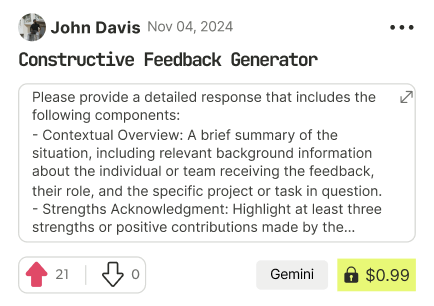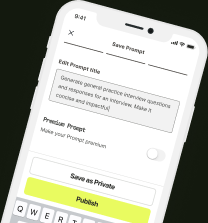prompt mine App
Find, Create & Share AI Magic
Legal and Ethical Implications of Website Accessibility Under the ADA for Small Businesses
Introduction
For small businesses, ensuring your website is accessible to people with disabilities isn’t just good practice—it’s the law. The Americans with Disabilities Act (ADA) requires businesses to make their digital spaces usable for everyone, including those with visual, hearing, or motor impairments. Failing to do so can lead to legal trouble and harm your reputation. Here’s what you need to know in plain terms.
---
Legal Risks of Non-Compliance
1. Lawsuits and Penalties: If your website isn’t accessible, you could face lawsuits or complaints under the ADA. Courts often side with plaintiffs, and fines can add up quickly.
2. Government Scrutiny: While the ADA doesn’t provide a strict checklist for websites, courts and the Department of Justice (DOJ) often refer to Web Content Accessibility Guidelines (WCAG) 2.1 as the standard. Ignoring these guidelines increases liability.
3. Lost Customers: Beyond legal risks, an inaccessible website alienates potential customers with disabilities—a significant portion of the population.
---
Ethical Considerations
1. Inclusivity Matters: Everyone deserves equal access to information and services. An accessible website shows your business values all customers.
2. Reputation Impact: Word spreads fast—being known as a business that excludes people with disabilities can damage trust and loyalty.
3. Future-Proofing: As technology evolves, accessibility will only become more important. Proactively addressing it now saves headaches later.
---
Practical Steps for Compliance
1. Audit Your Website: Use free tools like WAVE or AXE to identify accessibility issues (e.g., missing alt text for images, poor color contrast).
2. Follow WCAG Guidelines: Aim for at least Level AA compliance—this includes features like keyboard navigation and screen reader compatibility.
3.Train Your Team: Ensure anyone updating your website understands accessibility basics (e.g., writing descriptive links, using headings correctly).
---
Final Thoughts
Making your website ADA-compliant might seem daunting, but it’s manageable—and worth it! Start small: fix critical issues first, then build from there. By prioritizing accessibility, you protect your business legally and ethically while welcoming more customers into your digital space.
Need help? Consider consulting an accessibility expert or using affordable plugins/services designed for small businesses!

Find Powerful AI Prompts
Discover, create, and customize prompts with different models, from ChatGPT to Gemini in seconds

Simple Yet Powerful
Start with an idea and use expert prompts to bring your vision to life!

